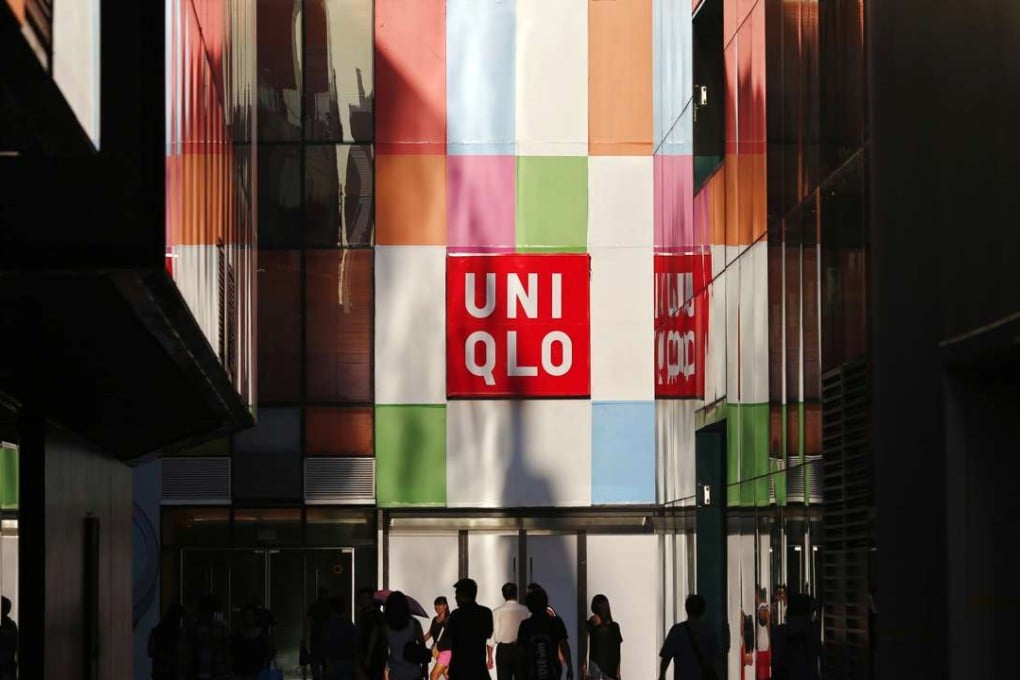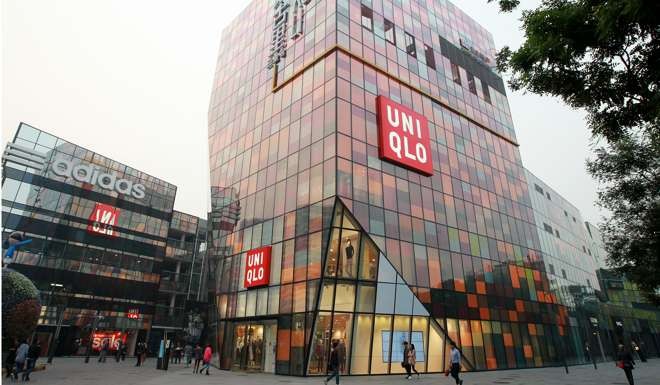Uniqlo targets 100 more stores in Greater China expansion
Japanese apparel retailer sees opportunity in catering to growing popularity of travel among China’s fast-growing middle class

Shrugging off concerns over a bleak economic outlook, Japanese apparel titan Uniqlo is betting big on Greater China, aiming to open about 100 stores in the region during the coming financial year, with new campaigns intended to tap the Chinese travel boom.
The brand’s parent Fast Retailing plans to reach an “initial target” of near doubling the number of outlets it operates in mainland, Hong Kong, Macau and Taiwan to 1,000, although no time frame for the target was specified.
“Second tier and third tier cities are still somewhere we shall extend our footprint given their considerable spending power,” Tiger Pan Ning, greater China chief executive of Uniqlo told the Post in an interview.
The ambitious China blueprint was laid out when Fast Retailing, one of the world’s biggest clothiers, was negotiating troubled waters, although conditions have been improving since the second half of the financial year that ended in August.

New pricing strategies helped Uniqlo’s Japan business lift its second half operating profit by 38 per cent to 38.3 billion yen (HK$2.86 billion), while Uniqlo International saw its business profit shoot up 81 per cent for the period to 13.6 billion yen, which it attributed partly to China’s growing middle class.
Controlled by Japan’s richest man, Tadashi Yanai, the company’s bottom line had been dampened by disappointing growth in Japan’s domestic economy as well as a strengthening yen that squeezed overseas earnings. In China, an influx of European fast fashion houses such as H&M and Zara has also made the battlefield rather crowded.
